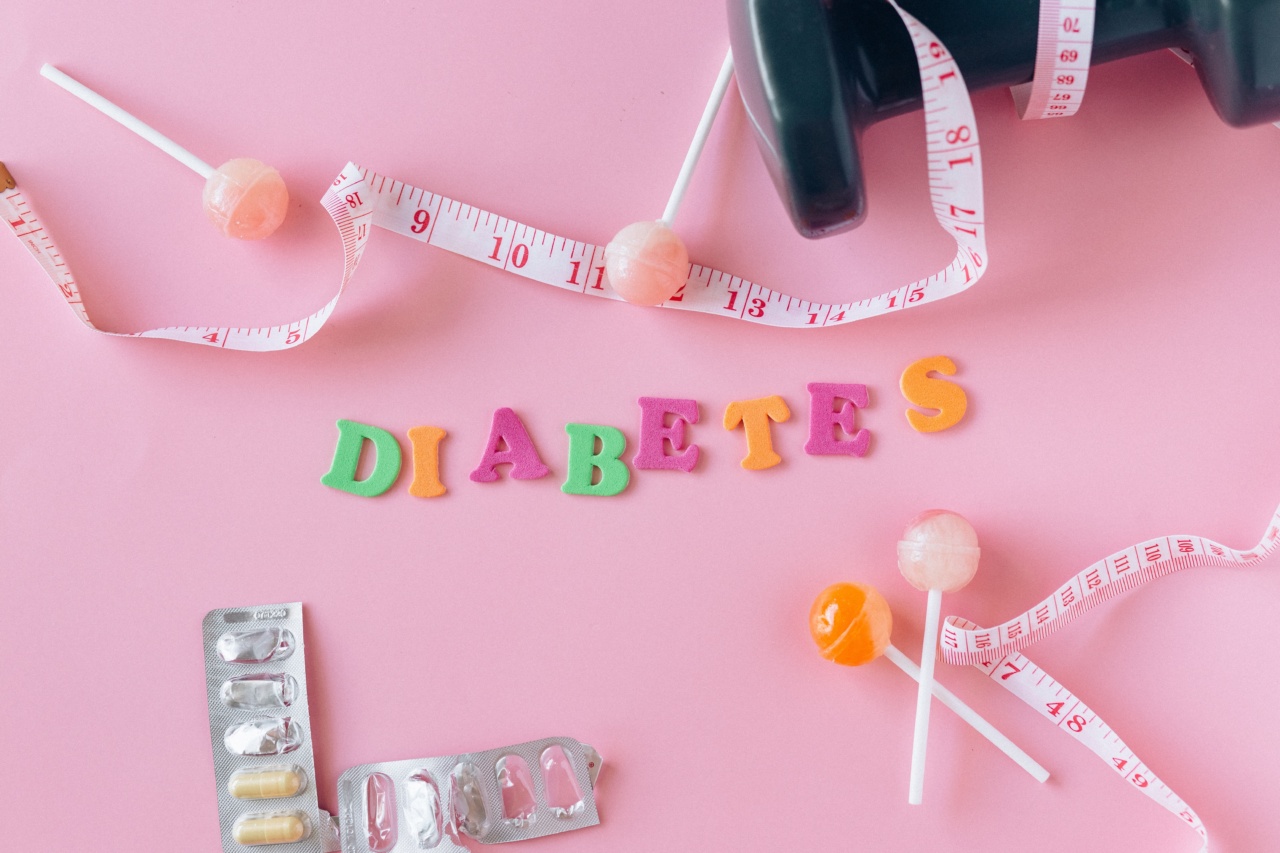Weight loss has always been associated with reducing calorie intake and increasing physical activity. However, new research has revealed an alternative method to achieve weight loss without cutting calories.
This groundbreaking approach challenges the traditional belief that calorie restriction is the key to losing weight, offering new hope for those struggling to shed unwanted pounds.
The Problem with Calorie Cutting
For decades, the conventional wisdom surrounding weight loss has focused on the simple equation of consuming fewer calories than you burn. It has been ingrained in our minds that reducing our caloric intake is the most effective way to lose weight.
While this approach can yield results in the short term, it often leads to frustration and setbacks in the long run.
The plateau effect: Many individuals who embark on a calorie-cutting diet initially experience weight loss.
However, as the body adjusts to the reduced calorie intake, it enters a state of defense, slowing down the metabolism to conserve energy. This leads to a plateau where further weight loss becomes increasingly difficult.
Low energy levels: Drastically cutting calories can also result in low energy levels, making it harder to engage in physical activity and leading to decreased motivation.
The dreaded yo-yo effect: Another common pitfall of calorie cutting is the yo-yo effect.
When people revert to their previous eating habits after a period of dieting, the body responds by storing more fat as a survival mechanism, causing rapid weight gain.
The Role of Insulin in Weight Gain
Recent studies have shown that insulin, a hormone primarily responsible for regulating blood sugar levels, plays a crucial role in weight gain. Insulin helps transport glucose from the bloodstream into cells to be used as energy.
However, when insulin levels are consistently high due to a diet high in refined carbohydrates and sugar, the body becomes resistant to its effects.
This insulin resistance leads to increased fat storage and prevents the body from effectively utilizing stored fat as an energy source.
Consequently, weight loss becomes challenging even with calorie restriction, as the body prioritizes burning glucose over fat.
The New Approach: Understanding the Role of Hormones
Emerging scientific research suggests that weight loss can be achieved by focusing on hormonal balance rather than solely fixating on calorie reduction.
By understanding how certain hormones affect our metabolism and fat storage, it is possible to optimize weight loss without the need for severe calorie cutting.
Hormones that Impact Weight Loss
1. Leptin: Leptin is a hormone secreted by fat cells that helps regulate appetite and metabolism. When levels of leptin are high, it signals the brain that we are full and can increase energy expenditure.
However, overweight individuals often develop leptin resistance, leading to increased hunger and reduced fat burning.
2. Ghrelin: Ghrelin is known as the “hunger hormone” as it stimulates appetite. Imbalances in ghrelin levels can contribute to overeating and weight gain.
3. Cortisol: Cortisol is a stress hormone that, when chronically elevated, can lead to increased abdominal fat. Managing stress and cortisol levels is crucial for successful weight loss.
4. Insulin: As mentioned earlier, insulin plays a significant role in fat storage. By managing insulin levels through dietary changes, it is possible to optimize weight loss.
The Hormone Reset Diet
The hormone reset diet is a revolutionary approach to weight loss that focuses on balancing hormones to optimize metabolism and fat burning. This diet emphasizes whole, unprocessed foods and incorporates specific strategies to regulate hormonal levels.
1. Prioritize protein: Adequate protein intake helps regulate appetite, increases metabolism, and promotes lean muscle growth.
Including protein-rich foods such as lean meats, poultry, fish, legumes, and tofu in every meal can optimize weight loss.
2. Reduce refined carbohydrates: Refined carbohydrates, including white bread, pasta, and sugary snacks, cause spikes in blood sugar levels and subsequent insulin release.
Choosing complex carbohydrates like whole grains, vegetables, and fruits can help keep insulin levels stable.
3. Include healthy fats: Healthy fats such as avocados, nuts, and olive oil are essential for hormone regulation and satiety. Including these fats in moderation can support weight loss efforts.
4. Manage stress: Chronic stress elevates cortisol levels, which can lead to weight gain, particularly around the midsection.
Incorporating stress-management techniques like meditation, yoga, and regular exercise can help mitigate the impact of cortisol on weight loss.
5. Get quality sleep: Sufficient sleep is crucial for hormonal balance, appetite regulation, and overall well-being. Aim for seven to eight hours of quality sleep every night to support weight loss efforts.
Exercise and Weight Loss
While calorie cutting may not be the primary focus for weight loss in this approach, physical activity remains a crucial component. Regular exercise helps boost metabolism, build lean muscle mass, and improve overall health.
Combining the hormone reset diet with a consistent exercise routine can enhance weight loss results.
A combination of cardiovascular exercises, such as brisk walking or cycling, along with strength training exercises targeting major muscle groups, can help burn calories and improve body composition.
Monitoring Progress
It is important to monitor progress while following the hormone reset diet to track the effectiveness of the approach.
In addition to weighing oneself regularly, other measures such as body measurements, clothing fit, and energy levels should be considered.
It is important to remember that weight loss may not be linear and that individual results may vary. Patience and consistency are key to achieving sustainable weight loss.
Conclusion
The traditional approach to weight loss, based on calorie cutting, has often led to frustration and poor long-term results.
However, new research suggests that focusing on hormonal balance through the hormone reset diet may be a more effective and sustainable method for achieving weight loss. By considering the role of hormones such as leptin, ghrelin, cortisol, and insulin, individuals can optimize their body’s ability to burn fat and shed unwanted pounds.


























